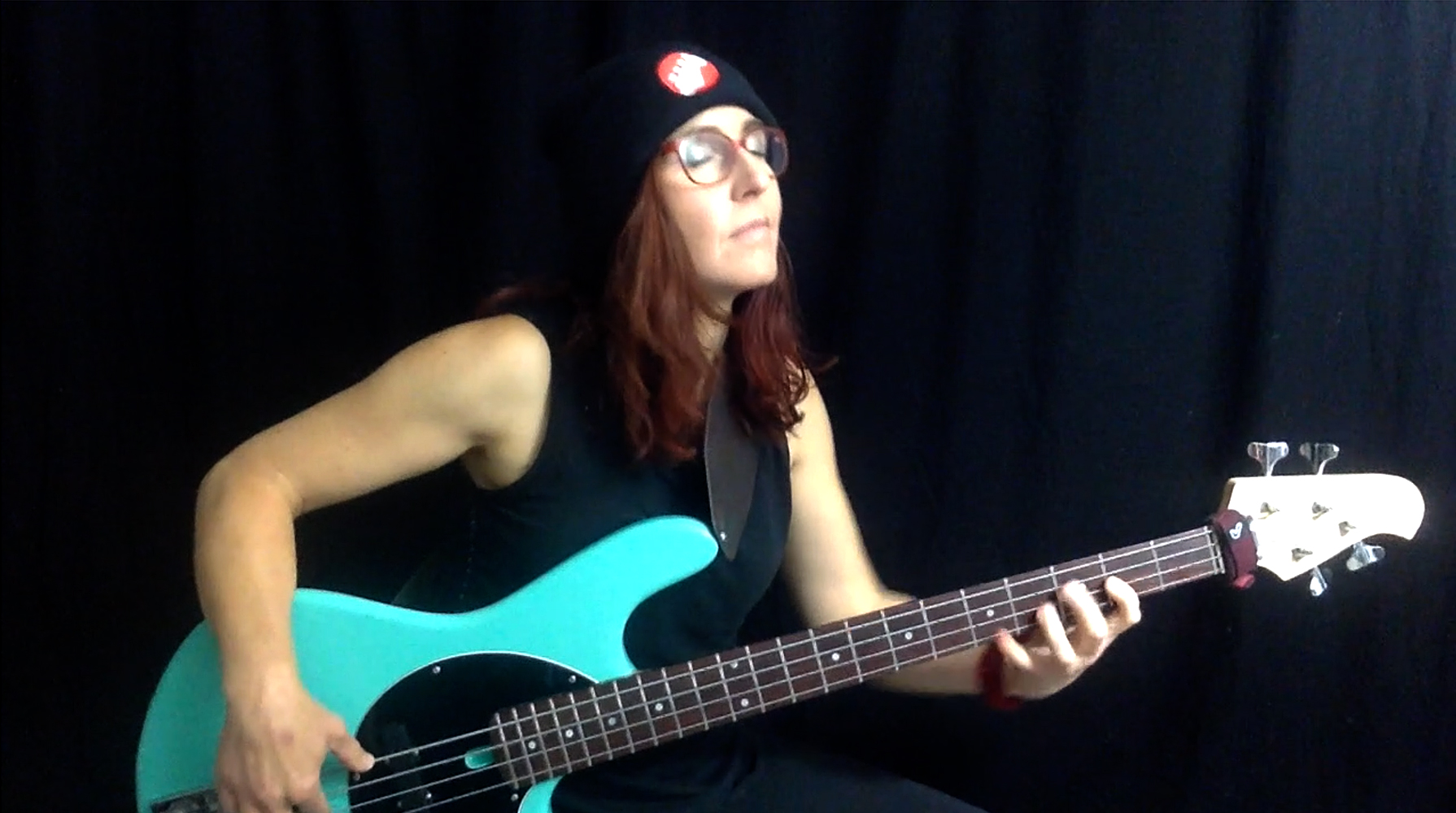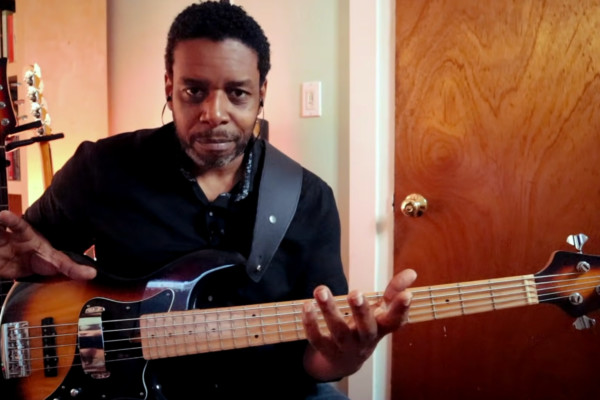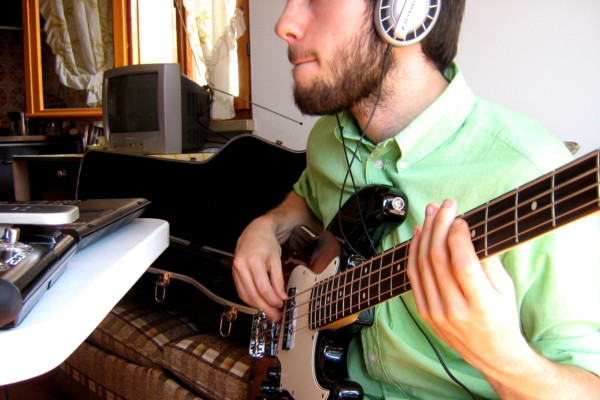Talking Technique: Efficient Practice Hacks #4 – Motivation

Having trouble getting motivated to practice? Just not feeling it?
Here are a few simple action items to help get you going. I have found them very useful for myself and my students.
Famously, there are two kinds of motivation (or impulses that lead to motivation to act): extrinsic (from the outside) and intrinsic (from the inside).
Extrinsic motivation is a wonderful thing – it can really get you going. Powerful outside motivators to practice could, for example, be:
- An upcoming concert
- A teacher who encourages you each week in your lesson
- A rehearsal or jam – wanting to sound good, impress band mates, have a good time
- An audition – getting work, fulfilling the dream to play with that great band
- Attending a concert and hearing your hero play – you love the music and want to experience it deeper by learning to play it. You want to feel as good as they do, want to make music as good as them
- Watching a Youtube video of a great performer
- Attending a workshop – the vibrant, connecting, uplifting energy of music is all around you
- Checking out a video tutorial or attending an online course
There are disadvantages and potential pitfalls to exclusively relying on outside motivators, however:
- You give away your power and become dependent on outside factors.
- (Maybe there are no concerts on the books at the moment, or you don’t play in a band. It would seem too daunting to get all this in place first, just to feel motivated! Or the internet is down!)
- You make others or circumstances responsible for your actions and habits. (Maybe the guitar player didn’t know her parts in the rehearsal either, or your teacher is on tour and there are no lessons for three weeks)
- You get lost in looking for outside motivation. (What is the best method? Who is the best teacher? What is the best youtube channel? It is very easy to fall down the “click hole” in search for motivation online.)
Then there are intrinsic motivators. These are motivators that come from within you. With intrinsic motivation, you are driven by internal rewards. Looking at these can get pretty deep and you can find them by answering questions such as:
- Why do I play bass?
- Has playing bass changed my life?
- If so, how?
- How does music make me feel?
- What happens for me when I play really well?
These aren’t just rhetorical questions. They help you discover how and why you value playing bass and help you to remember how this is connected to your life as a whole.
I invite you to answer them for yourself. There certainly are no right or wrong answers here! (Can you feel the motivation rise as you do so?)
Asking questions like this creates intrinsic motivation because they help you remember the good things about playing bass.
But there is more: Cultivating your own motivation means that you are in control of your state of mind and what you will accomplish. What I am talking about here is to learn to create positive feelings yourself (as opposed to hoping for them to be triggered from the world around you).
If that seems like a foreign thought – it may be because you actually have evolution stacked against you a bit: evolution has shaped our minds to more strongly remember and focus on anything that is negative, such as critical voices (from outside or our own), or an unpleasant experience. If those thoughts got your motivation down, it might be our biology.
But anything can be practiced, including what and how we think. I highly recommend to make it a deliberate practice to cultivate feeling good, positive, appreciating what you can already do and also appreciate that we understand that there is more we can learn (which is exciting in its own way – music never gets old!).
You are responsible for your own feelings. (For our purposes here, let’s leave out somebody intentionally doing you harm). Our thoughts shape how we feel to a large extend. You therefore have the power to create positive feelings as you get ready to practice.
The Take Away
The more you feel good when making music, the more you will generate the feeling of motivation, drive, ambition or whatever term resonates the most with you. Expect it. Create it. Don’t wait for it to show up: you just show up anyway for your practice session (paraphrasing a famous quote).
In other words: Not “feeling it”? Practice anyway. How about ten minutes of scales? The chorus of one song? Make it something not too daunting for starters. Even just ten minutes of focused practice has a huge effect! Do one thing (drills for fills?) using the four-step PORA process, for example. Every day in a different key. In two weeks you did them all! Focus on process (i.e., doing it!) not perfection.
When you’re done, acknowledge that you did it. Maybe you didn’t feel like it on the outset, but you did it anyways. This is a good feeling, even if it’s as dry as realizing that you have grit.
Now you are already feeling better. Celebrate that and next time you are looking for motivation remind yourself how good that felt. It is entirely in your power to create this feeling.
Happy practicing!
Austrian-gone-Californian Ariane Cap is a bassist, educator, blogger and author. In her book Music Theory for the Bass Player and corresponding 20-week online course, she teaches music theory, bass technique, bass line creation and fretboard fitness in a systematic, practical and experiential way. She just released a brand new course on ear training for the bass player: Ear Confidence - 6 Paths to Fearless Ears. Contact her via her blog or website.



